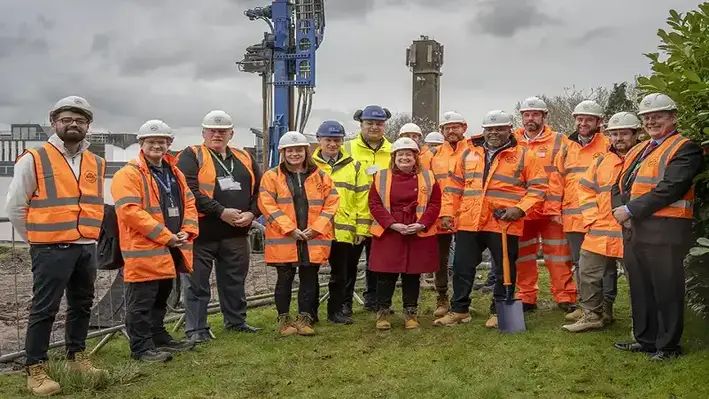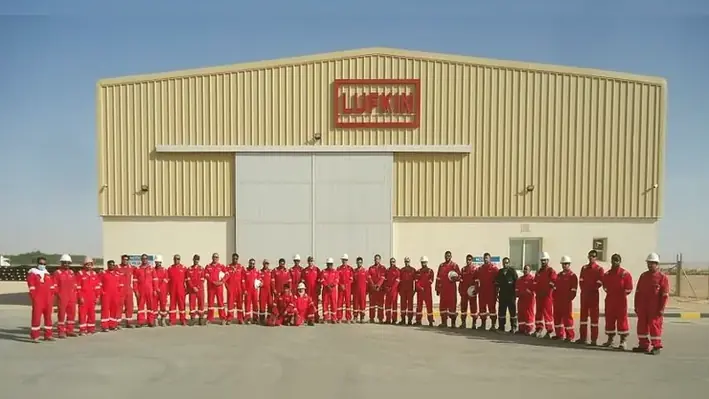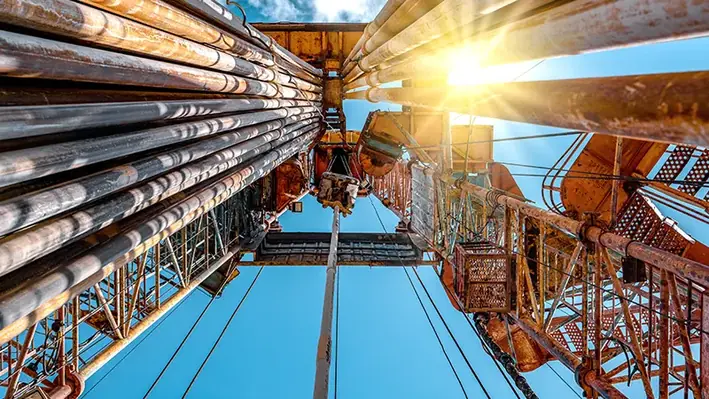 In line with its decarbonisation plans, the British Geological Survey has initiated a £1.7mn renewable energy system, including the installation of a geothermal heat pump that also serves as a 'living laboratory' at its headquarters in Keyworth, Nottinghamshire.
In line with its decarbonisation plans, the British Geological Survey has initiated a £1.7mn renewable energy system, including the installation of a geothermal heat pump that also serves as a 'living laboratory' at its headquarters in Keyworth, Nottinghamshire.
Primarily funded by the Natural Environmental Research Council (NERC) with a further contribution from the Government’s Public Sector Decarbonisation Scheme, the installed system comprises of 28 boreholes drilled to a depth of 225 m.
Living laboratory
With advanced monitoring enabled to assess running costs and efficiency, the site will also serve as a laboratory for organisations considering to replace fossil fuel boilers with clean heat pumps. In fact, the institute will conduct further studies through rock samples to help get a better understanding of the flow of heat and water underground, which can be resourceful for those taking up similar projects in the future.
The geothermal setup at the BGS campus that substitutes greenhouse gas-emitting gas boilers will save approximately 30 tonnes of carbon dioxide per year, and reduce the organisation’s heating bill.
"Geothermal energy is heat that naturally occurs under the ground and is available 24/7 across the UK. This project will demonstrate the deployment of ground-source heat pump technology to decarbonise existing buildings across the public sector estate," said David Boon, Senior Engineering and Geothermal Geologist at BGS.




